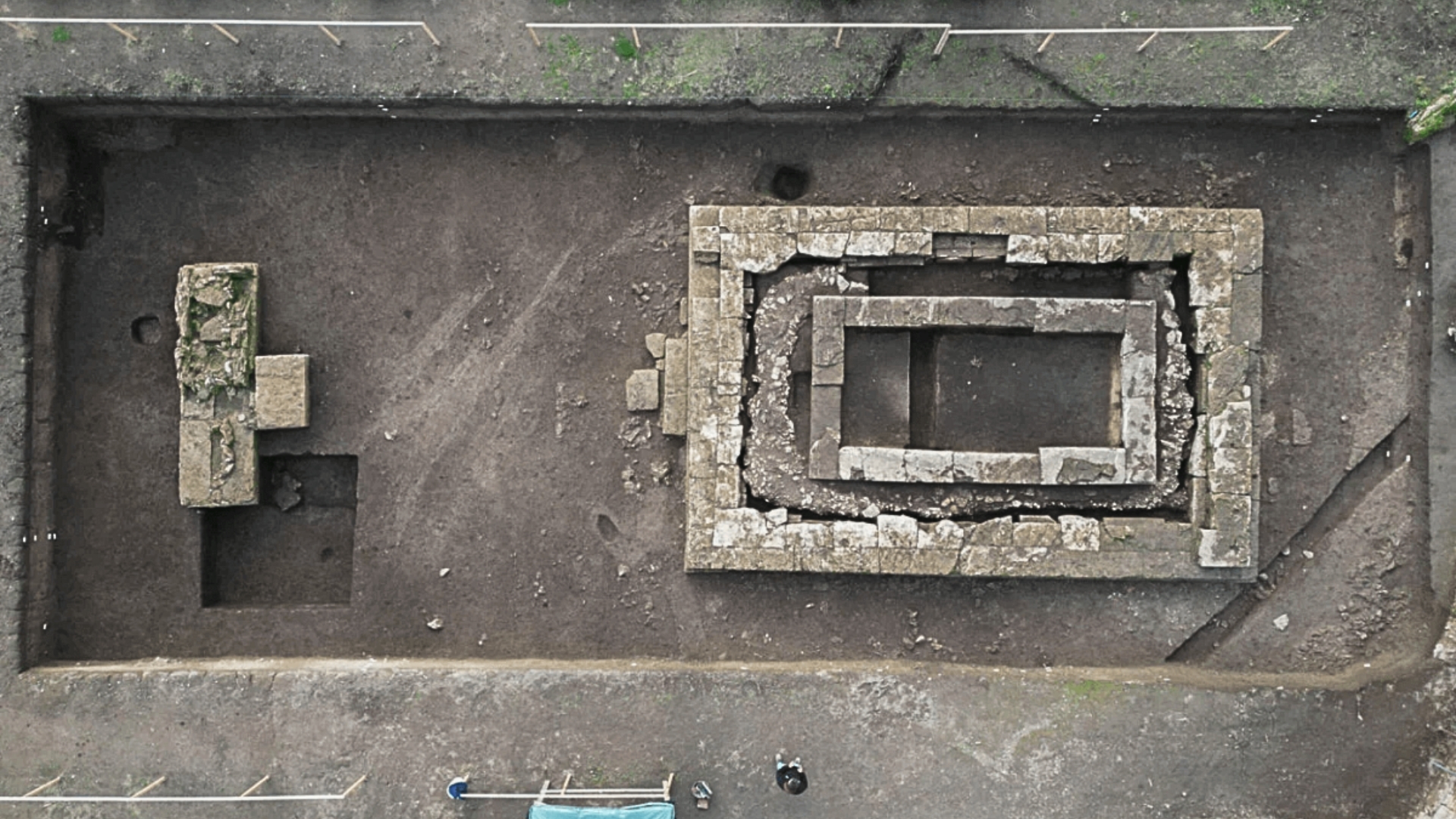Archaeologists have discovered two additional Doric-style temples at Paestum, an ancient Greek colony in southern Italy.
Experts unearthed two superimposed Greek temples of the Doric style near to its ancient walls, a few metres from the Mediterranean Sea, in addition to those already recognised, such as Hera’s or Poseidon’s, two of the finest preserved from antiquity.
According to Arkeonews, the first was discovered in 2019 but only analysed three years later, and is dated to the early decades of the fifth century BC, and, due to its qualities and size, constitutes “a unique example in Doric religious architecture.”
The temples were part of Magna Graecia (Great Greece), a prosperous collection of ancient Greek cities in southern Italy dating back to the eighth century BC. When the Romans seized the Greek colony of Poseidonia in 273 BC, they renamed it Paestum.
Director of the Archaeological Park of Paestum and Velia, Tiziana D’Angelo, praised the discovery as “extraordinary,” stating that they [temples] give important new information that will aid in reconstructing Poseidonia’s history.
Italy’s Ministry of Culture, Gennaro Sangiuliano added that the recent discovery contributes to our understanding of the ancient settlement and the growth of Doric architecture in Poseidonia, throughout Magna Graecia.
Sangiuliano identified that these discoveries demonstrate that “there is still more to unearth and explore” in Paestum, which has been a UNESCO World Heritage site since 1998.
Source: Arkeonews
